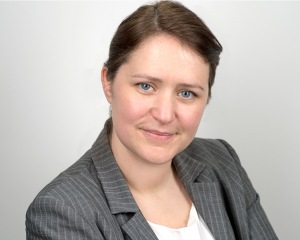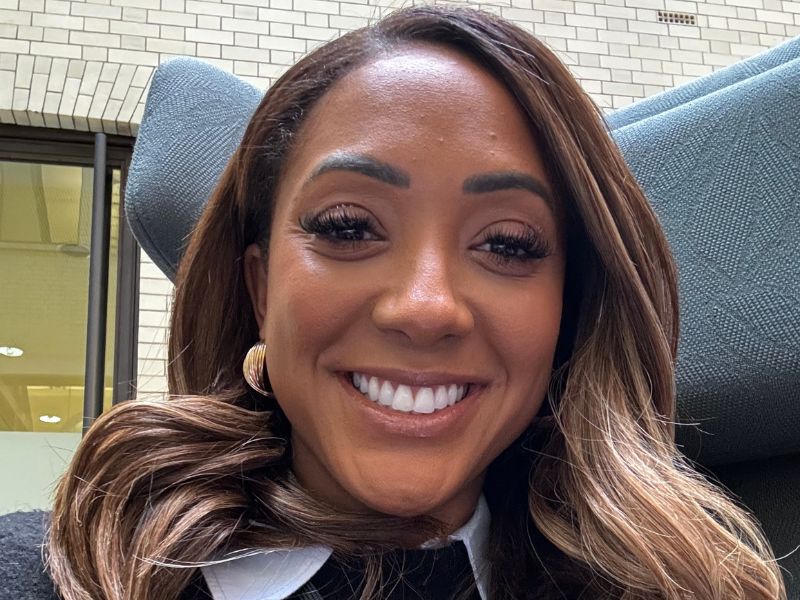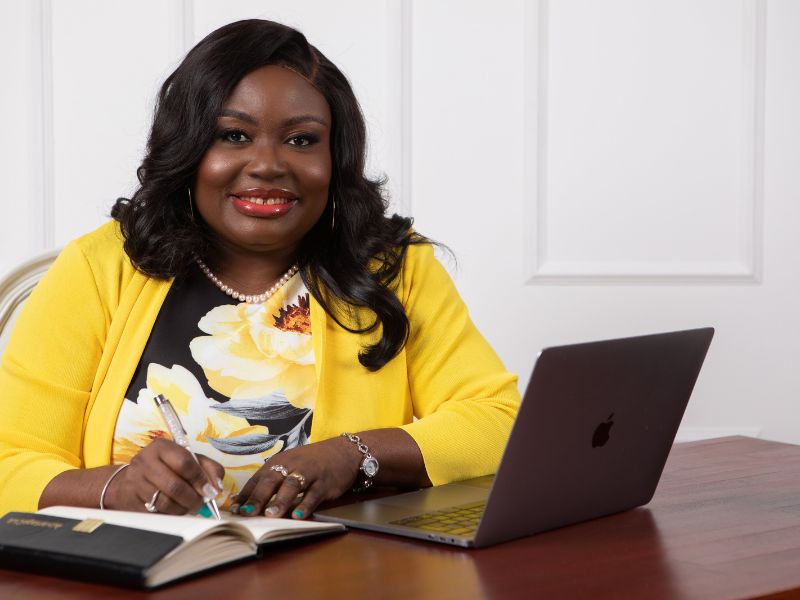 I grew up in Lancaster and am the eldest of four sisters. I went to University in Nottingham to study history and then moved to London in 1999 when I joined the Civil Service graduate scheme (the faststream). I’m currently the Chief Executive of the Sports Grounds Safety Authority – the body that was set up after Hillsborough to help keep spectators safe at football grounds. I’m on a secondment from the Civil Service and am due to go back into a Whitehall Department (Foreign and Commonwealth Office) in May.
I grew up in Lancaster and am the eldest of four sisters. I went to University in Nottingham to study history and then moved to London in 1999 when I joined the Civil Service graduate scheme (the faststream). I’m currently the Chief Executive of the Sports Grounds Safety Authority – the body that was set up after Hillsborough to help keep spectators safe at football grounds. I’m on a secondment from the Civil Service and am due to go back into a Whitehall Department (Foreign and Commonwealth Office) in May.
What inspired you to pursue a career in Public Life?
I’ve always been curious and motivated by challenge, and my tutor at University suggested the civil service as a career with lots of variety and where I could put the skills I’d learned to good use. When I was younger I thought I’d like to run my own business and was convinced I’d be a millionaire by the time I was 21. Later I realised I felt passionate about public service and making a difference on a national scale. I’ve worked with some brilliant and talented people on programmes as varied as arts, culture, sport, the Olympics and more.
“We definitely need more women in politics and public life. The House of Commons is made up of 502 men and 148 women. That’s 77% male. As long as 50% of the population isn’t properly represented then we’re missing out on half the talent.”
Did you ever sit down and plan your career?
I’ve never had a career plan as such, but I usually know when I’m ready for a change and I like to look out for opportunities to challenge and stretch myself. I’ve worked with a great coach at various points in my career where I’ve wanted to plan how I could learn from an experience or stretch myself. The sorts of questions I’d ask myself were what have I learned from this or how could I develop my skills in a particular area, rather than how can I get a promotion or a pay rise.
What are you passionate about?
Learning, collaboration and creativity. I love working with great people who feel passionate about what they do.
Have you faced any challenges along the way and if so, how did you deal with them?
I have faced challenges, but I’ve tried to remain positive and see them as problems I could solve rather than insurmountable obstacles. I’m fairly optimistic and like to frame events in terms of what I’ve learned rather than what went wrong. Staying positive and assuming people do things for good reasons (even if you don’t share that reasoning or would do things differently yourself) also helps.
On a typical workday, how do you start your day and how does it end?
I catch the train to work and then walk to the office so try to use the time to organise my thoughts – I often start the day looking through emails and appointments for the day and writing another ‘to do’ list. There’s never enough time to do everything so I try to prioritise and work out what I have to do, what I should do and what I could do, and what will have the most impact. I usually end the day rushing out of the office having left it to the very last minute, sometimes I’m heading off to a networking event or meeting up with friends or family, other times I might be off to the adult education college I’m a Governor at, or sometimes it’s just home to the sofa or off to the gym for a swim and a sauna.
What advice would you give someone who wishes to move in to Politics?
We definitely need more women in politics and public life. The House of Commons is made up of 502 men and 148 women. That’s 77% male. As long as 50% of the population isn’t properly represented then we’re missing out on half the talent. My advice to anyone wanting to go into politics would be to do your research, work out what you care about and how you want to make a difference. Network, make connections and contacts, find a mentor or a sponsor, ask a lot of questions and put in the time and effort to achieve your goals. Don’t be afraid to ask for help, and try to help others along the way.
“I have faced challenges, but I’ve tried to remain positive and see them as problems I could solve rather than insurmountable obstacles.”
If there was one thing you could change for women at work, what would it be?
If I could change one thing for women at work it would be to remove unconscious bias. Bias comes in many forms, from recruiting in your own image, to assuming people need “masculine” characteristics to succeed, to doubting your own abilities and strengths. We can all be guilty of unconscious bias, and in some ways it’s harder to tackle than more overt forms of discrimination, but until we change that, women, or any group that hasn’t traditionally been as well represented at senior levels, are at a potential disadvantage. Raising awareness about the existence and impact of unconscious bias is a step in the right direction.
What advice can you give to our members about raising their profiles within their own organisations?
Network where you can, look for corporate projects and activities where you can meet people from outside your team and at different levels throughout the organisation, take on challenging assignments, find ways to go the extra mile and help others, and make sure you tell a good story about yourself. It’s not enough to work hard and be good at your job, you have to find ways of letting people know the impact you have. Keep a record of your achievements and positive feedback for discussion with your boss at regular review points. You can also use this to remind yourself on difficult days of your strengths and successes and why you should keep going. Make sure you have a strong but brief biography and a great headshot. You never know when you might need it!
How do you deal with difficult situations?
I try to treat difficult situations as problems that need to be solved. Someone gave me advice early in my career that to be a good leader you need to smile, say thank you and get enough sleep. I think that advice probably applies in difficult situations too – I try to stay positive, think about what a win-win situation for everyone involved looks like, and appreciate the pressures others are under and their perspectives. It’s amazing the difference a good night’s sleep makes.
How have you benefited from coaching or mentoring?
Yes. I’ve benefited from both. I’ve found that with coaching you often have all the answers to your questions, but having the time and space to discuss them with someone else helps you realise that and formulate a plan. I’ve been informally mentored throughout my career and have often turned to more experienced colleagues for advice at key decision points like applying for a new role, or dealing with a difficult situation. I mentor a number of others and find I often learn as much from my mentees as from my mentors.
“Someone gave me advice early in my career that to be a good leader you need to smile, say thank you and get enough sleep.”
What does the future hold for you?
I’ll be moving back into Whitehall soon to a role at the Foreign and Commonwealth Office, and I’m looking forward to the challenges and opportunities of working with colleagues around the world to support the government of the day and deliver an important and fast moving agenda. I’m also looking forward to the next TEDxWhitehallWomen which will take place on 29th May. It’s always a day packed full of inspirational speakers and insights and a great chance to meet like minded people.








